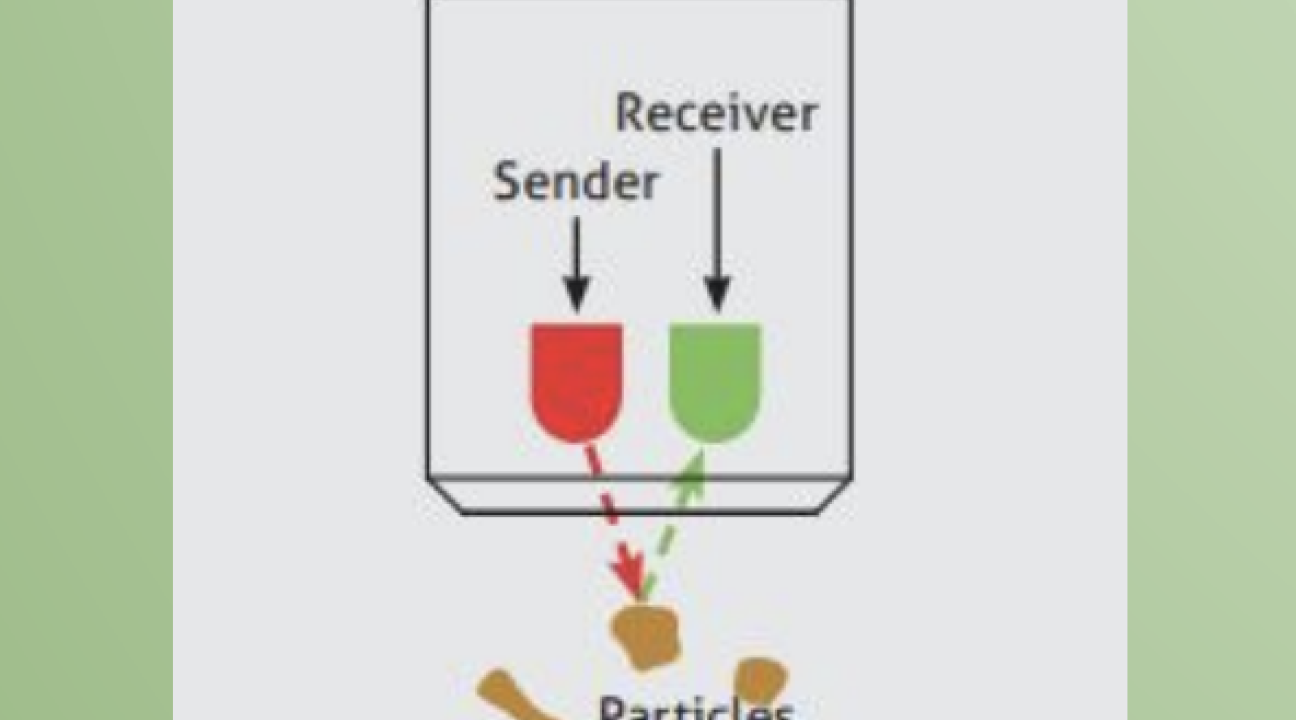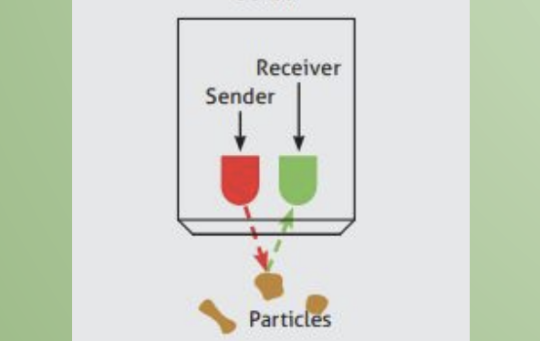Understanding Turbidity of Water and its Social and Economic Impact
Understanding Turbidity of Water and its Social and Economic Impact
Abstract
Freshwater is an important natural resource. With water sources dwindling, due to various causes such as pollution and climate change, we must protect and monitor what we have left. To protect our water supply we deploy a multitude of sensors that allow monitoring of the quality of water. Traditionally water samples were taken by hand and brought to a lab to test. Today with the use of IoT sensors, we can receive instantaneous and continuous results. Turbidity sensors are just one of the many tools that we use to accomplish this task. However, not just any old turbidity sensor can handle this task. Commercial-grade sensors are cheap but do not provide reliable reading whereas industrial-grade sensors are far more expensive and are highly accurate. If water quality is left unchecked there can be disastrous social and economic repercussions. Disease, poisonings, and even death may spread through a population that has tainted water. Turbidity can increase the cost of water treatment for drinking/food processing as well as harm fish and other aquatic life. Measuring turbidity allows us to have a frontline defense in identifying potential water-borne threats. Through research, our team will be looking into what turbidity is and its social and economic impact.
Results
| Title | Format | Download | Students |
|---|---|---|---|
| Understanding Turbidity of Water and its Social and Economic Impact | poster | Understanding Turbidity of Water | John Ohmer, Erick Maldonado, Perla Madrigal |
Key Terms: natural / background turbidity, human-induced turbidity,sediment, clay silt, sand, inorganic matter, organic compounds, algae, microscopic organisms, plankton, disease, health, ecology, voltage
Project Date:
Spring 2022
Faculty:
- Nansong Wu
Departments:
- Engineering Science
Students:
- John Ohmer
- Erick Maldonado
- Perla Madrigal
Locations:
- Sonoma County
Project Topics:
- Biodiversity
- Disease
- Health & Wellness
- Infrastructure & Utilities
- Planning & Governance
- Technology
- Water
Funding Sources:
- Koret Scholars Program



